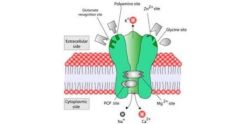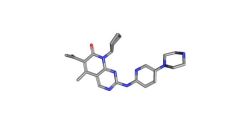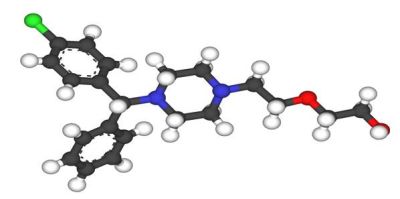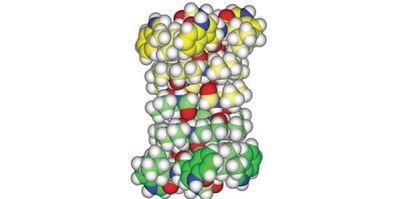An international group of researchers have found a promising anti-malaria compound that has the ability to trick the immune system and rapidly destroy blood cells infected with the malaria parasite, leaving healthy cells unharmed. The study, led by St. Jude Children's Research Hospital, appears in the early online edition of the Proceedings of the National Academy of Sciences (PNAS).
Malaria remains a major health threat to over half of the world's population. Children are particularly susceptible to the disease. The World Health Organisation (WHO) estimates that one child dies of malaria every minute in Africa.
The St. Jude-led study evaluated the compound (+)-SJ733. The compound uses a novel mechanism by recruiting the immune system to eliminate malaria-infected red blood cells. (+)-SJ733 killed 80 percent of malaria parasites within 24 hours in a mouse model of malaria. The parasite was undetectable after 48 hours. Safety trials of the compound in health adults are being planned.
"Our goal is to develop an affordable, fast-acting combination therapy that cures malaria with a single dose," said corresponding author R. Kiplin Guy, PhD, chair of the St. Jude Department of Chemical Biology and Therapeutics. "These results indicate that SJ733 and other compounds that act in a similar fashion are highly attractive additions to the global malaria eradication campaign, which would mean so much for the world's children, who are central to the mission of St. Jude."
Whole genome sequencing of the Plasmodium falciparum revealed that (+)-SJ733 disrupted activity of the ATP4 protein in the parasites. The inhibition of ATP4 triggered a series of changes in malaria-infected red blood cells, marking them for destruction by the immune system. The researchers found that the infected cells changed shaped and shrank in size. They also became rigid and demonstrated certain alterations typical of ageing blood cells.
Similar compounds called spiroindolones have also been tested and also target the ATP4 protein. The drugs are already in clinical trials. Similarly, (+)-SJ733 is also being moved from the laboratory into the clinic for a safety study in healthy adults. The drug development effort will be led by scientists at St. Jude, the Swiss-based non-profit Medicines for Malaria Venture and Eisai Co., a Japanese pharmaceutical company.
Source: St. Jude’s Research Hospital
Image Credit: Wikimedia Commons























